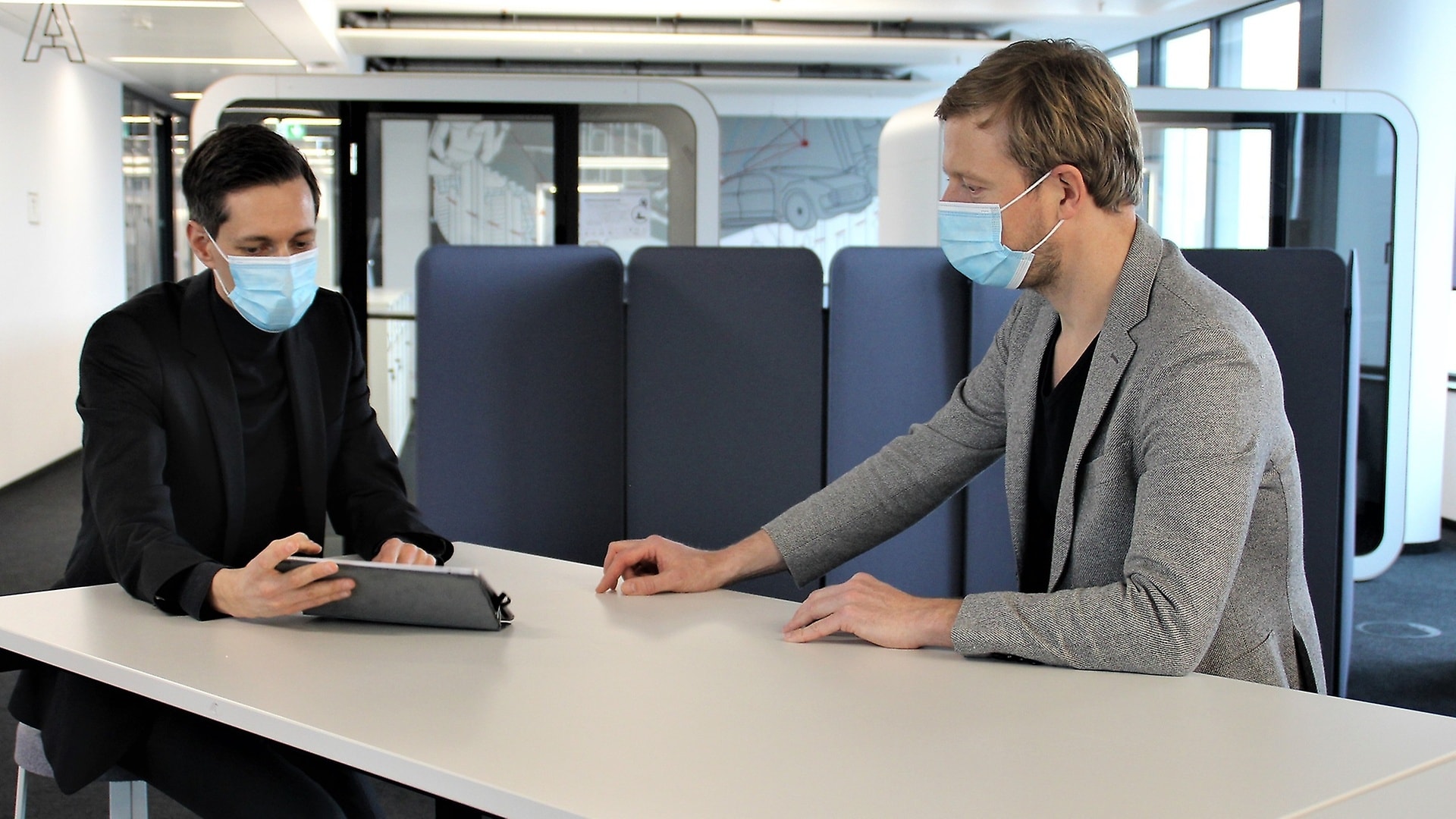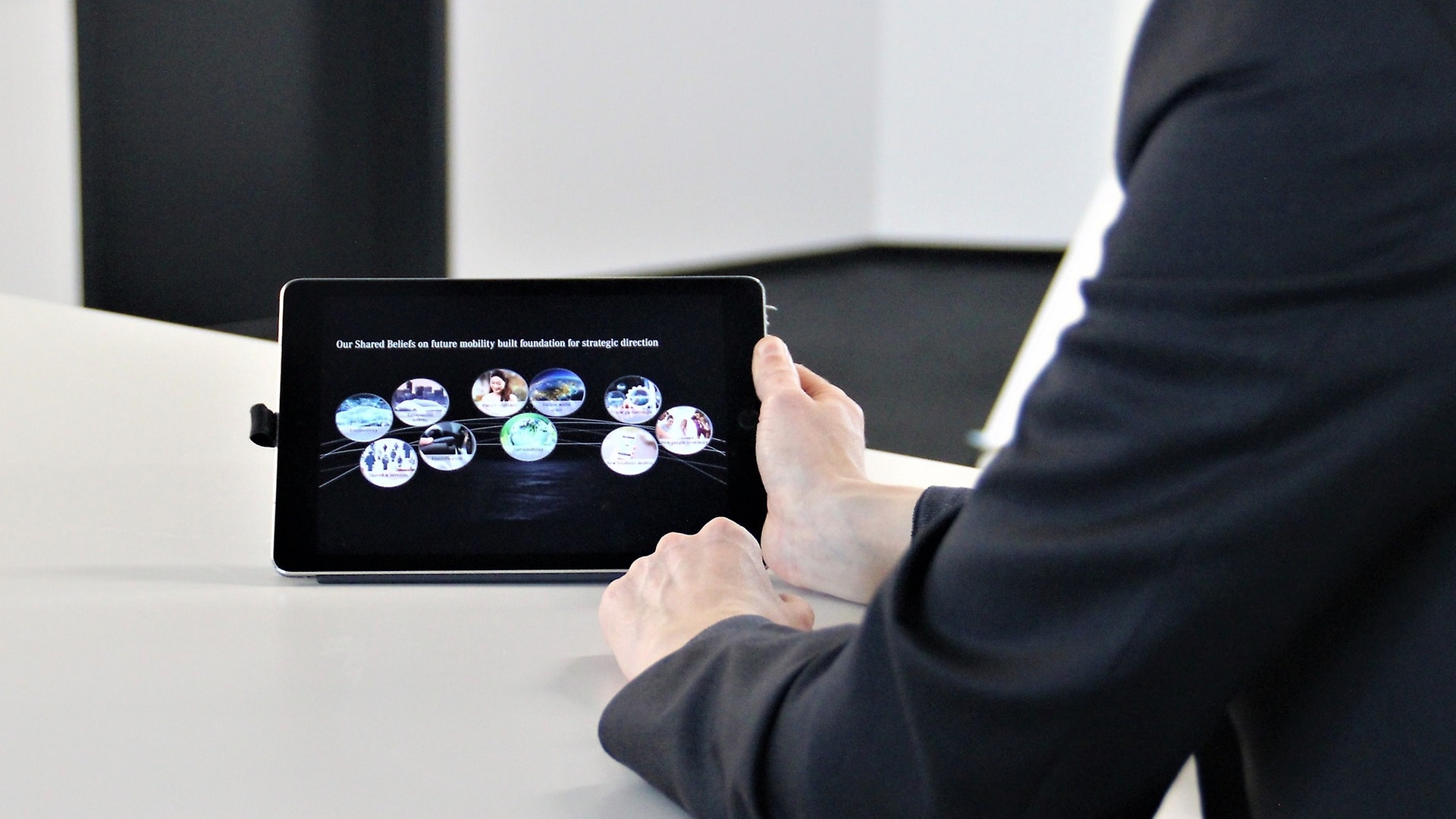What’s the long-term outlook for batteries?
Christopher Gerdes: We need clarity about where we will get the huge amounts of green electricity that we need for the energy and mobility transition. As manufacturers, we also need to provide answers to the growing demand for electric batteries, the corresponding raw materials and their recycling at the end of their life cycle. Our goal here is the circular economy, because the need for energy storage units is tremendous, not only in our segment. This results in technological issues, for example the need for greater energy density. This is something our development engineers are already working on intensively. Moreover, batteries should be manufactured with fewer critical materials in the future. Our goal is to ensure humane working conditions along the supply chain and avoid environmental risks. In addition, the origins of the raw materials should also become more transparent. Last but not least, we as a company have to look carefully at how we invest — in other words, how we make sources of raw materials accessible, develop factories and buy sustainable energy and even produce it ourselves. All of these measures demand our resources, and of course, that is initially reflected in the price of our vehicles. That’s why we have to prevent mobility from becoming a luxury good that some segments of our population can no longer afford.
Where exactly do you see Mercedes-Benz's responsibility in this?
Christopher Gerdes: We bear a substantial responsibility for shaping sustainable mobility, in the luxury segment and beyond. We are convinced that we are living up to this responsibility through our current strategy. Mercedes-Benz has already contributed a great deal in this area in the past. We’ve developed, tested and implemented mobility concepts — for example carsharing, the fully electric smart EQ and electric delivery vans. Now our goal is to consistently electrify our entire product portfolio.
Guido Görtler: As a luxury car manufacturer, we also see it as our responsibility to actively participate in the public discourse on the future of mobility. At the UN climate conference in November 2021, our CEO joined the representatives of five other companies, more than 30 nations and a number of cities and investors who committed themselves to the end of the combustion engine. As a manufacturer, we at Mercedes-Benz already set ourselves much more ambitious targets in 2019 with our Ambition 2039, which we have since even tightened up again: We want to completely switch to electric cars by the end of this decade, wherever the market conditions allow. This strategic step from electric-first to electric-only not only accelerates the transformation — it also underlines our claim: to be a pioneer and to keep setting standards that promote innovation across the board and enable technological progress.
,xPosition=0,yPosition=0.5)


